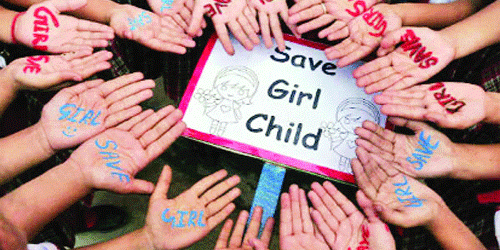Female Genital Mutilation (FGM) is a practice that has affected the world at large. According to UNICEF statistics at least 200 million girls and women alive have undergone FGM. You may have heard about FGM but do you know what it means?
Well according to World Health Organization (WHO), Female Genital Mutilation (FGM) is any procedure that involves partial or total removal of external female genitalia, or other injuries to the female genital organs for non-medical reasons.
In previous years Kenyan communities such as Somali, Kisii, Meru, Samburu and Maasai have been practicing FGM. According to these ethnic groups, FGM was a practice which symbolized the transition from childhood to adulthood. For instance, the Maasai community located in both Kenya and Tanzania practiced this act on girls aged between 12 and 14 years while Samburu’s age group is between 9 and 15 years.
FGM has no health benefits however, it brings complications which are both immediate and long term. Immediate complications include; severe pains, excessive bleeding, fever, infections, shock and sometime death, while long term complication include; Increased risk of childbirth complications (difficult delivery, excessive bleeding), scar tissue and keloid, psychological problems (depression, anxiety, post-traumatic stress disorder, low self-esteem) and vaginal problems among others.
In Oman, for example, some do not wish to discuss FGM from the fear that such discussion is showing their culture’s dirty laundry to the world causing criticism of a practice that they believe is purely religion.
However over the years there has been a steady decline in the prevalence of the practice over the last three decades, but not all ethnic communities have made progress and the pace of decline has been uneven.
On October 2011, the Kenyan government passed an act of parliament which prohibits the practice of FGM. This act has increased awareness about its harmful effects which has helped reduce rates of FGM. This prohibition has made these communities find new ways to continue this practice.
Joseph Osuigwe Chidiebere a Nigerian human trafficking expert stated that “You or any of your family members may not have practiced female genital mutilation, but that is not enough reason to keep silent about it. You need to speak out against it to discourage others from the practice”
Thus as Kenyans, we should not fear to speak up against Female Genital Mutilation(FGM) and protect the young girl child from this horrendous act.
BY SHIPHRA DIANA

